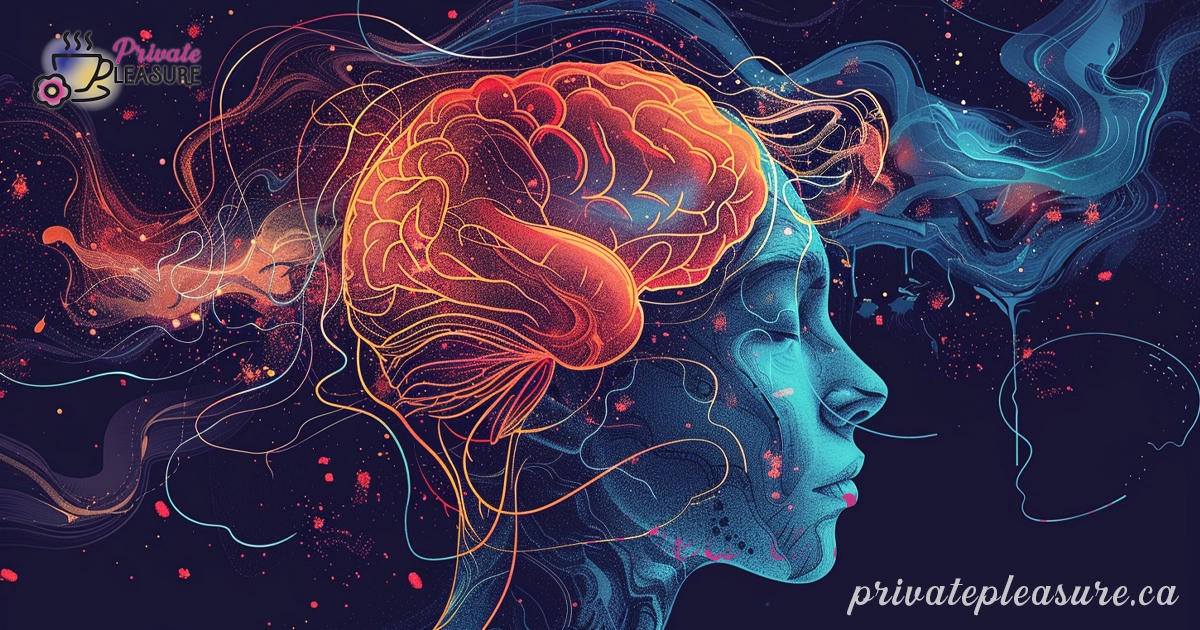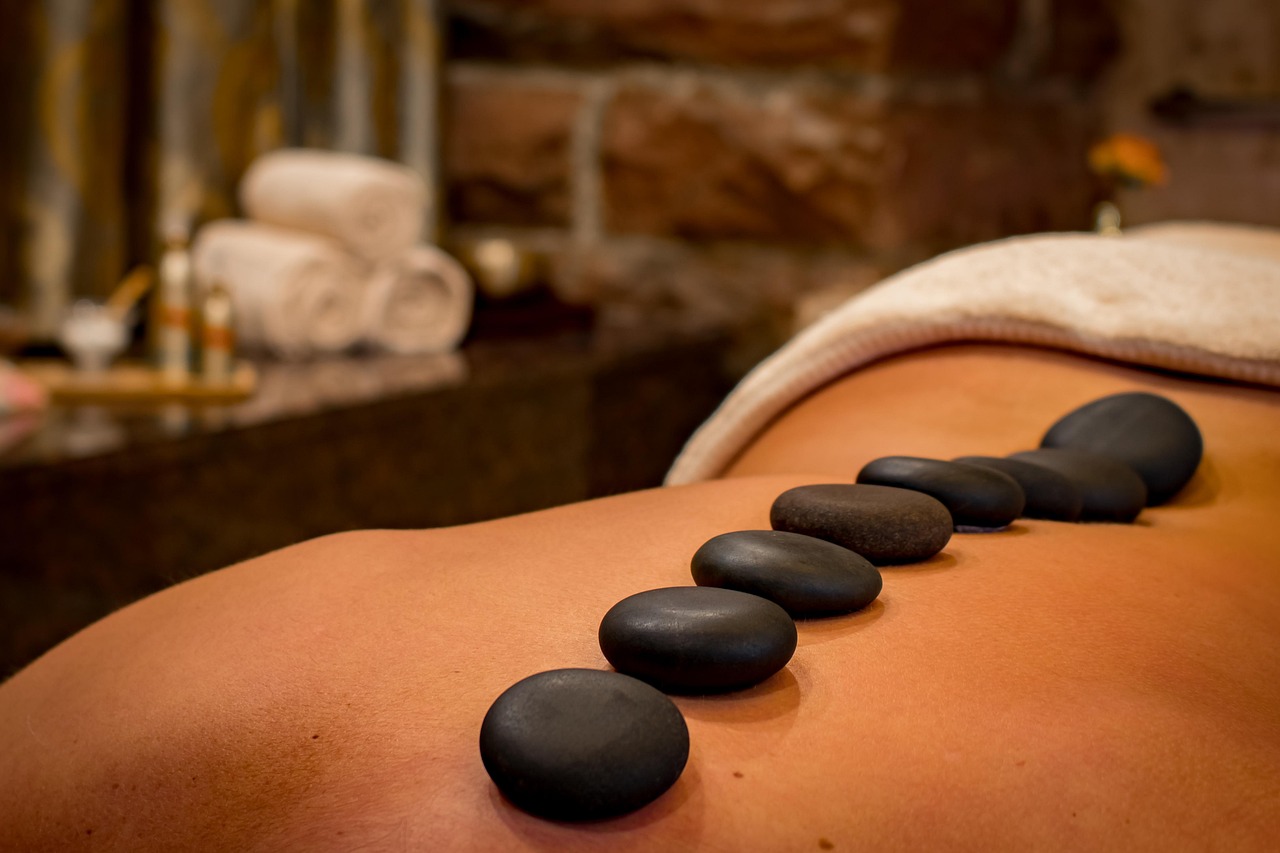In the intricate dance between pleasure and mental health, understanding how one influences the other is key to unlocking a more joyful and fulfilled life. This blog post delves into the positive effects of pleasure on mental wellbeing, offering insights into how simple joys can lead to profound changes in our mood, outlook, and mental health.
Pleasure and Mental Health: Unveiling the Impact on Wellbeing
The pursuit of pleasure is often seen through a hedonistic lens, but its impact on mental health goes far deeper than mere momentary happiness. Engaging in pleasurable activities can be a powerful antidote to stress, anxiety, and depression, fostering resilience and enhancing our overall sense of wellbeing. Let’s explore the science behind pleasure’s positive effects on mental health and discover practical ways to weave more joyful experiences into the fabric of our daily lives.
The Science of Pleasure and Mental Health
Boosting Brain Chemistry: Pleasurable activities stimulate the release of dopamine, serotonin, and other neurotransmitters in the brain, chemicals that play key roles in regulating mood and emotion. This biochemical response can lead to immediate improvements in mood and, over time, contribute to a more sustained sense of happiness and satisfaction.
Reducing Stress and Anxiety: Engaging in activities that we find enjoyable can also activate the body’s natural relaxation responses, reducing levels of stress hormones like cortisol. This not only alleviates feelings of anxiety in the moment but can also help build resilience against future stressors.
Enhancing Resilience: Regularly experiencing pleasure can strengthen our psychological resilience, the ability to bounce back from adversity. By providing a counterbalance to life’s challenges, pleasurable activities can help us maintain a positive outlook and reduce the risk of burnout.
Incorporating Pleasure into Daily Life
Understanding the benefits of pleasure for mental health is one thing; making it a part of our daily routine is another. Here are some practical tips for integrating more joy into your life:
- Identify Simple Pleasures: Start by identifying small, easily accessible activities that bring you joy. This could be anything from reading a book, taking a walk in nature, or enjoying a cup of coffee in the morning sun. The key is to be mindful and fully present during these moments.
- Schedule Time for Joy: In our busy lives, it’s easy for pleasure to fall by the wayside. Make it a priority by scheduling time each day or week for activities that make you happy. Treat these moments as important appointments with yourself.
- Diversify Your Pleasure Portfolio: Variety is the spice of life, and this applies to pleasure as well. Try new activities, explore different hobbies, and be open to discovering new sources of joy. This not only keeps pleasure fresh but can also lead to the development of new skills and interests.
- Connect with Others: Many pleasurable experiences are amplified when shared. Whether it’s enjoying a meal with friends, participating in a group sport, or volunteering, social interactions can enhance the pleasure we derive from activities and contribute to a sense of belonging and community.
The Role of Mindfulness in Enhancing Pleasure
Mindfulness, the practice of being fully present in the moment, can amplify the benefits of pleasurable activities. By focusing our attention on the here and now, we can deepen our engagement with the activity at hand, enhancing its enjoyment and the positive impact on our mental health.
In Conclusion: A Path to Enhanced Wellbeing
The relationship between pleasure and mental health is a dynamic one, offering a pathway to a more joyful and resilient life. By understanding and embracing the power of pleasure, we can enhance our mental wellbeing, reduce the impact of stress, and foster a deeper sense of fulfillment. Remember, pleasure is not a luxury; it’s a vital component of a healthy, balanced life.
FAQs
Can pleasure alone improve mental health?
- While pleasure is a powerful tool for enhancing mental wellbeing, it’s most effective when combined with other mental health practices, such as regular exercise, healthy eating, and adequate sleep.
What if I struggle to find pleasure in anything?
- An inability to find joy in activities that used to be pleasurable can be a sign of depression or other mental health issues. It’s important to seek support from a mental health professional who can provide personalized advice and treatment options.
Engaging with pleasure is not just about seeking happiness in the moment; it’s about building a foundation for lasting mental health and resilience. By integrating simple, joyful activities into our daily lives, we can significantly enhance our mental wellbeing and navigate life’s ups and downs with greater ease and satisfaction.


